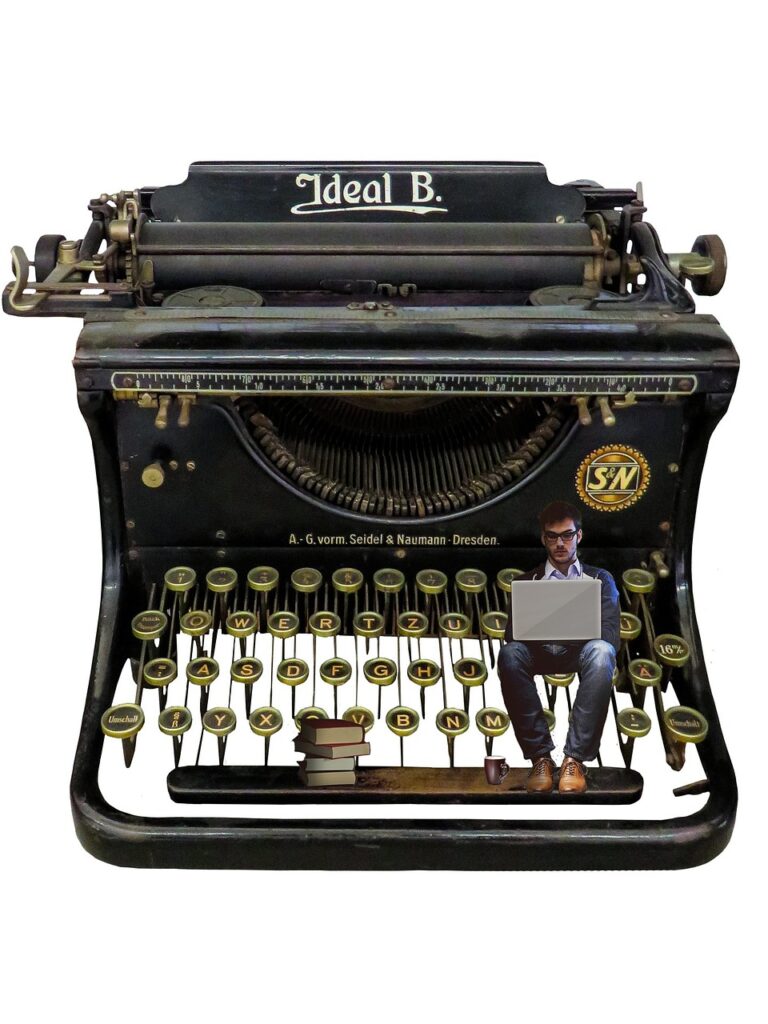
Each author has one or two things they hate about writing. Mine is correcting edits. I’ll be honest, I hate to correct edits. It began with some bad edits I received, some things I knew were wrong. Let’s talk about bad edits.
Never ask your friend down the street, or a relative, to edit for you. I love teachers, but elementary school teachers are not editors. (I’m sure someone will disagree with me on this one.) Fiction is a learned process. It’s not like writing a paper for school. There are a lot of rules, which most teachers are not aware of. A good editor knows about writing and is familiar with The Chicago Manuel of Style. TCMS is the Bible of writers. Most publishers live with a copy on their desk. If your editor is not aware of this book or website, run from them. I’ve been a publisher, and I had a copy in my lap. Good editing is important.
Never let an editor delete anything from your manuscript. Also, never let an editor add anything to your manuscript. We have a sidebar we can make notations in to tell you what needs to be changed. An editor can put a red line through something that needs to be deleted, but NEVER delete anything from your manuscript. You write your manuscript in your voice. The editor does not have your voice. They cannot imitate your voice. It is you and only you. A good editor is a jewel. They are out there, but you have to search to find them.
I ask Chat GPT about editing and I loved the last sentence they sent me. Here it is: In essence, editing is the refining that transforms rough drafts into literary gems; imbuing them with clarity, coherence, quality, accuracy, and professionalism. Its importance cannot be overstated in the pursuit of effective communication and important expression.
Kathy Cretsinger
Callie’s Mountain
Coastal Promises
Nothing Shady Ever Happens in Shady Valley Series
Book 1, Bogged Down by Murder
Book 2, Death by Doubloons, 2022
Book 3, Shady Connections. 2023
Unlikely Candidate
Book 4, Murder and Goat Yoga
Underground
